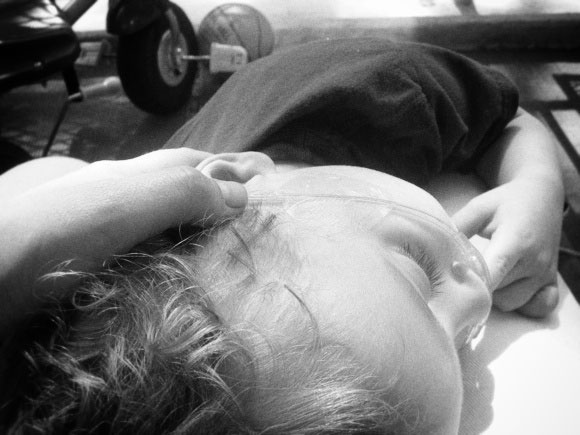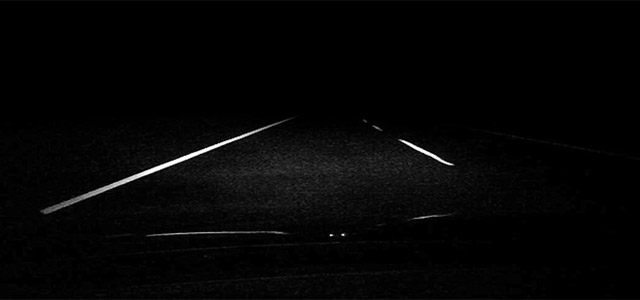When I was in middle school, there was a boy named Peter who was constantly being bullied. He was slight, with straight sandy blonde hair that framed large, dark eyes. He wore a navy blue puffy coat and backpack at all times, even in class, even in summer. The bounce in his walk was not happy but jerky. He was what we'd then describe as "slow," but in hindsight it's clear to me that Peter was somewhere on the autism spectrum. The only class I shared with Peter was a photography classes. He would try to keep to himself, but when the teacher was out of the room, some contingent of kids would begin their taunts. They'd yank his backpack off until it spilled its contents on the floor. A few girls would pretend to flirt with him only to end up ridiculing him in some terrible way. On one particularly sad occasion, a kid convinced Peter to eat photographic paper, which he promptly threw up.
Throughout it all, Peter was passive; he'd lower his head, look at the ground, shuffle his feet. Occasionally he'd yell in anger, but mostly he just took it. I only saw him cry once, and I remember the tears leaving streaks in the thin layer of grime on his face.
A few of us would try to defend Peter, and our efforts would usually result in a short reprieve. But sooner or later the bullies would be back at it, seemingly unable to resist the primal urge to torment this child who was just a little different from the rest of us.
As a father, I know that Peter probably had a family who loved him, a family who would have been devastated had they known what was happening to their son.
It's with an undiluted sense of sadness and horror that these memories come back to me now. I'd mostly put them out of my mind until I began to notice little similarities between Peter and my son, C. And lately I've been wondering what happened to Peter, what scars this treatment left on his seemingly gentle soul. If I'm honest, the images this conjecture generates are not particularly positive.
...
I will do whatever I can to protect C from facing the things Peter faced, but I know I can't be there all the time; like the middle school teacher, there will be times I have to step out of the room. This thought fills me with dread.

 With our
With our  Last night I had a dream that I was driving rather fast on a highway. I don't remember where I was going or why, and I was alone. The road grew dark, and it became very quiet in the car, but still I was moving. There were no other cars on the road; nothing on the sides of the road; no stars or moon above, just pure darkness outside.
Last night I had a dream that I was driving rather fast on a highway. I don't remember where I was going or why, and I was alone. The road grew dark, and it became very quiet in the car, but still I was moving. There were no other cars on the road; nothing on the sides of the road; no stars or moon above, just pure darkness outside.